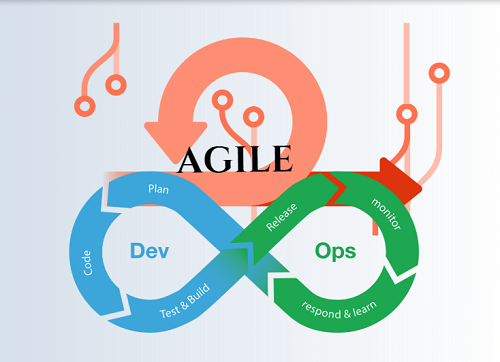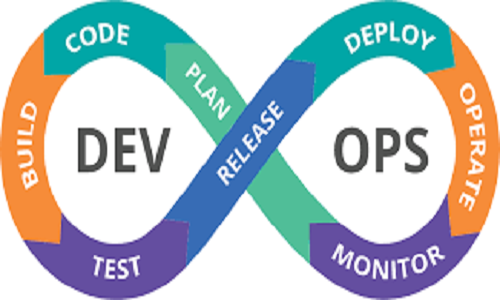The benefits of uniting product management with DevOps

DevOps is focused on streamlining the software development and deployment processes, enabling faster and more frequent releases. By integrating product management into the DevOps workflow, product managers can have more visibility into the development process and make informed decisions about prioritization and release schedules. This can result in faster time to market for new features and updates.
By uniting product management with DevOps, there is a greater opportunity for collaboration between the two teams. Product managers can work closely with DevOps engineers to ensure that the product roadmap aligns with the technical capabilities and constraints of the organization. This collaboration can lead to better decision-making and more efficient product development. Wit the help of the DevOps Courses.
What is the crucial role they play in the organization's development:
The DevOps and product management team play a pivotal role in product management. These two sets of people have different approaches because product managers will contemplate problems related to the product. In contrast, DevOps think from the perspective of technical and data-driven standpoint.
Organizations can encourage a shift by enhancing team collaboration improving product delivery and overall success.
Building a mutually beneficial relationship with product management
The CI/CD pipeline provides extensive data to product managers. However, these advantages are only available to organizations that have invested in observability, reporting, and dashboards. When teams use these technologies, they enable reporting dashboards that allow product managers to track defects and difficulties, development and release metrics, and financial data – such as cloud charges – without bothering engineers. If done correctly, it profits everyone.
On the other hand, the DevOps team works efficiently for the organization, and based on the organization's needs, they work with the DevOps team to align with the business objectives.
Product managers' primary role is to discuss with the developers regarding project development and what intimation they could update to the DevOps team. So, the Product manager, developer, and DevOps team work efficiently with a business-minded approach.
For example, A product manager will demonstrate how a new feature will benefit users and the business by showing how it will increase revenue.
Potential challenges between product management and DevOps
As the product management and DevOps teams have distinct challenges, it is crucial to understand they have various unique skills. In a few organizations, product managers have years of experience with knowledge; some might have few years of experience and might need to gain technical skills. So, both teams face challenges when distinct skilled people work together.
As mentioned above, skills are a key difference between the two teams. Developers could be more concerned with technology than with commercial results. Product managers could put greater emphasis on business results than on technological innovation.
Another issue that product management and DevOps teams face is feature prioritization. DevOps teams are concerned with technical feasibility and implementation schedules, whereas product managers are concerned with features that correspond to consumer demand. Balancing these goals and plans can result in disagreements and trade-offs between the two teams.
If these problems exist in a company, they harm product delivery, speed, and adaptability. If the conflicts between the teams are not resolved, higher-level management is frequently called in, which could hold up the work.
Analyzing effective communication between DevOps teams and product management can take time. DevOps teams frequently measure success regarding deployment frequency, mean time to recovery, and other metrics. Product management success measures typically focus on the commercial side of product delivery, such as customer happiness, usage metrics, and retention rate.
How DevOps and product management can work together
DevOps and product management can work together effectively to streamline the software development lifecycle and enhance product delivery. Here are some key ways in which they can collaborate:
- Clear Communication: DevOps and product management teams should maintain open lines of communication. Product managers can share the product roadmap and priorities with DevOps teams, ensuring everyone understands the overall goals and objectives.
- Alignment of Goals: Both teams should align their goals. Product managers focus on delivering value to customers, while DevOps teams aim for efficient and reliable software delivery.
- Collaborative Planning: Product managers and DevOps teams can collaborate on release planning. Product managers can provide insights into feature priorities, and DevOps can help estimate the effort required for deployment and maintenance.
- Continuous Feedback: DevOps teams can provide feedback to product managers on the feasibility and ease of deployment for proposed features.
- Automated Deployment: DevOps practices, such as automated testing and continuous integration/continuous deployment (CI/CD), can speed up the delivery of new features. Product managers benefit from faster release cycles, allowing them to respond rapidly to market changes.
- Monitoring and Feedback Loops: DevOps teams can implement monitoring and logging to gather data on how users interact with the product.
- Risk Management: DevOps teams can help identify and mitigate risks associated with new feature releases. Product managers can work with DevOps to develop rollback plans and ensure critical customer data is not compromised during deployment.
In conclusion, the integration of product management and DevOps offers numerous advantages. It leads to more efficient product development, faster feature delivery, and improved alignment with customer needs. By fostering collaboration and synergy between these two critical functions, organizations can drive innovation, enhance customer satisfaction, and stay ahead in competitive markets.
Find a course provider to learn DevOps
Java training | J2EE training | J2EE Jboss training | Apache JMeter trainingTake the next step towards your professional goals in DevOps
Don't hesitate to talk with our course advisor right now
Receive a call
Contact NowMake a call
+1-732-338-7323Take our FREE Skill Assessment Test to discover your strengths and earn a certificate upon completion.
Enroll for the next batch
DevOps Hands-on Training with Job Placement
- Dec 22 2025
- Online
DevOps
- Dec 23 2025
- Online
DevOps Hands-on Training with Job Placement
- Dec 24 2025
- Online
DevOps
- Dec 25 2025
- Online
DevOps Hands-on Training with Job Placement
- Dec 26 2025
- Online
Related blogs on DevOps to learn more
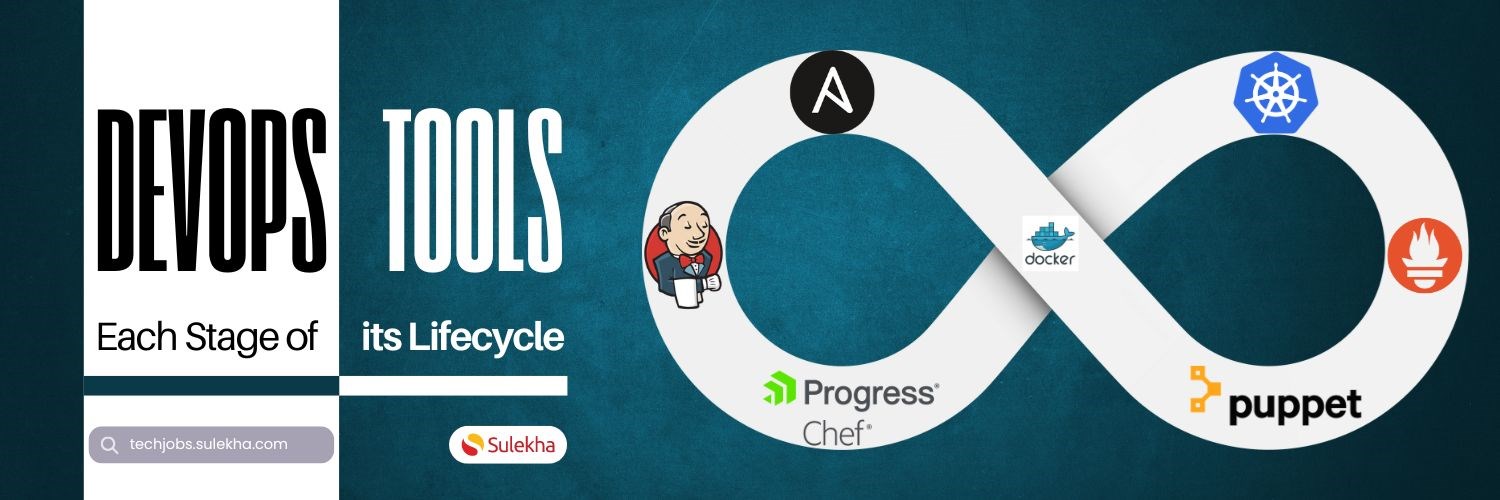
DevOps Tools for Each Stage of the DevOps Lifecycle
Discover essential DevOps tools tailored for every phase of the DevOps lifecycle. Streamline development, deployment, and operations with the right tools.

DevOps Platform Market 2023 to Showing Impressive Growth by 2030
In 2023, the DevOps platform market has faced a rapid increase, with forecasts indicating a massive expansion by 2030. This sector's growth is driven by the increased adoption of DevOps concepts and tools across industries. DevOps, which focuses on c
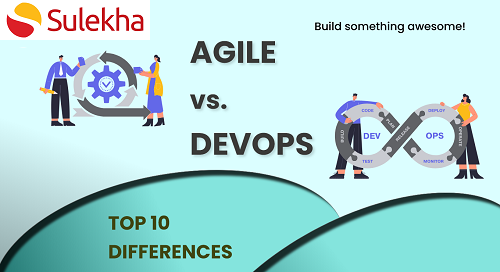
Scrum with DevOps: Integrating Agile and DevOps Practices
Scrum with DevOps: Integrating Agile and DevOps Practices
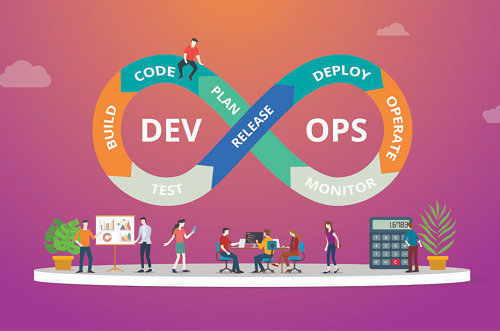
Mastering DevOps: A Comprehensive Bootcamp Course
Introduction
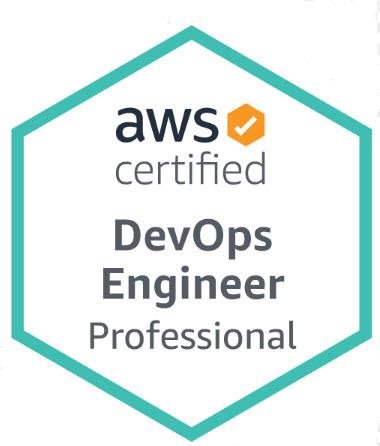
Best AWS Devops Engineer Professional Certification Dumps
DevOps Certification Over the past decade, DevOps, many companies used DevOps to lower their deployment time and increase their agility. DevOps helps to automate between 6 Cs. (Continuous business planning, collaborative development, continuous test
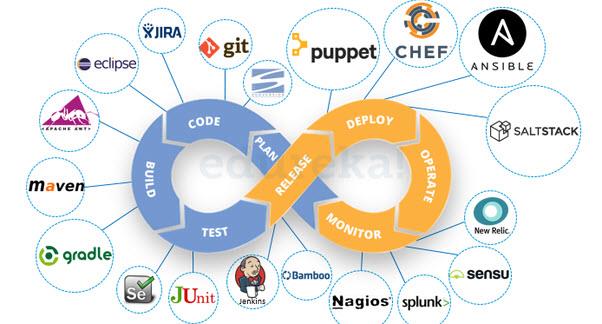
DevOps Market Research Report Analysis and Forecast: 2018 to 2023
Forecast report entitled “Global DevOps Tool Market 2018 Research Report Analysis and Forecast: 2018 to 2023”. When you go through the report thoroughly, you will find that the report is a top to bottom analysis of the happenings of DevOps Tool Indus
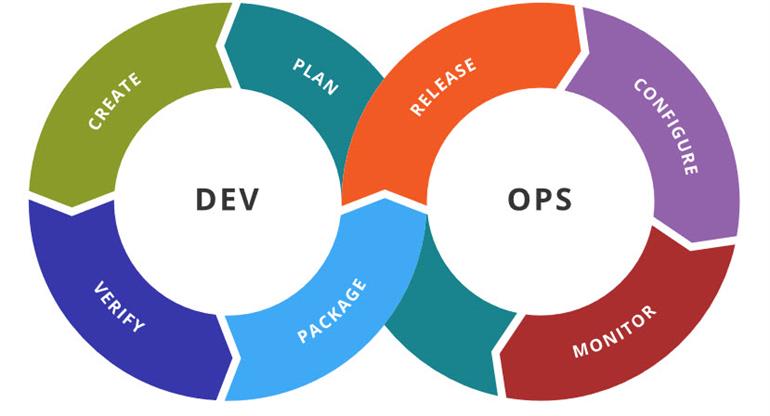
What are the Top 10 DevOps Barriers?
There are many barriers to implementing DevOps successfully, some of them with proper solutions given in the post.

The need for Systems Thinking in DevOps!
The advent of DevOps skills which is nothing but the combined package of Development and Operations that promises to deliver the promised result at the earliest possible time-frame. There are several core principles in DevOps that intends to complete
Latest blogs on technology to explore

From Student to AI Pro: What Does Prompt Engineering Entail and How Do You Start?
Explore the growing field of prompt engineering, a vital skill for AI enthusiasts. Learn how to craft optimized prompts for tools like ChatGPT and Gemini, and discover the career opportunities and skills needed to succeed in this fast-evolving indust

How Security Classification Guides Strengthen Data Protection in Modern Cybersecurity
A Security Classification Guide (SCG) defines data protection standards, ensuring sensitive information is handled securely across all levels. By outlining confidentiality, access controls, and declassification procedures, SCGs strengthen cybersecuri

Artificial Intelligence – A Growing Field of Study for Modern Learners
Artificial Intelligence is becoming a top study choice due to high job demand and future scope. This blog explains key subjects, career opportunities, and a simple AI study roadmap to help beginners start learning and build a strong career in the AI

Java in 2026: Why This ‘Old’ Language Is Still Your Golden Ticket to a Tech Career (And Where to Learn It!
Think Java is old news? Think again! 90% of Fortune 500 companies (yes, including Google, Amazon, and Netflix) run on Java (Oracle, 2025). From Android apps to banking systems, Java is the backbone of tech—and Sulekha IT Services is your fast track t

From Student to AI Pro: What Does Prompt Engineering Entail and How Do You Start?
Learn what prompt engineering is, why it matters, and how students and professionals can start mastering AI tools like ChatGPT, Gemini, and Copilot.

Cyber Security in 2025: The Golden Ticket to a Future-Proof Career
Cyber security jobs are growing 35% faster than any other tech field (U.S. Bureau of Labor Statistics, 2024)—and the average salary is $100,000+ per year! In a world where data breaches cost businesses $4.45 million on average (IBM, 2024), cyber secu

SAP SD in 2025: Your Ticket to a High-Flying IT Career
In the fast-paced world of IT and enterprise software, SAP SD (Sales and Distribution) is the secret sauce that keeps businesses running smoothly. Whether it’s managing customer orders, pricing, shipping, or billing, SAP SD is the backbone of sales o

SAP FICO in 2025: Salary, Jobs & How to Get Certified
AP FICO professionals earn $90,000–$130,000/year in the USA and Canada—and demand is skyrocketing! If you’re eyeing a future-proof IT career, SAP FICO (Financial Accounting & Controlling) is your golden ticket. But where do you start? Sulekha IT Serv

Train Like an AI Engineer: The Smartest Career Move You’ll Make This Year!
Why AI Engineering Is the Hottest Skillset Right Now From self-driving cars to chatbots that sound eerily human, Artificial Intelligence is no longer science fiction — it’s the backbone of modern tech. And guess what? Companies across the USA and Can
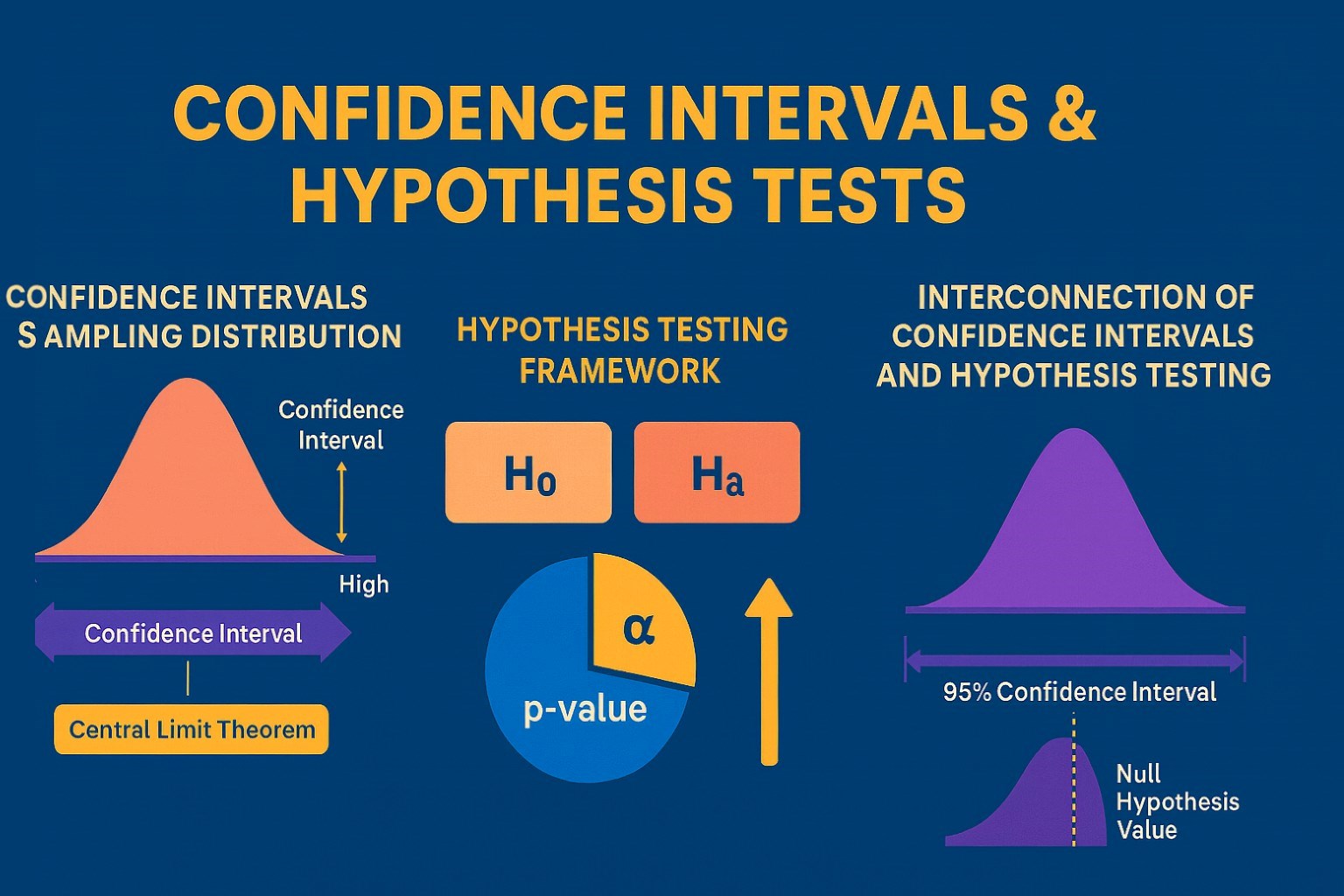
Confidence Intervals & Hypothesis Tests: The Data Science Path to Generalization
Learn how confidence intervals and hypothesis tests turn sample data into reliable population insights in data science. Understand CLT, p-values, and significance to generalize results, quantify uncertainty, and make evidence-based decisions.
